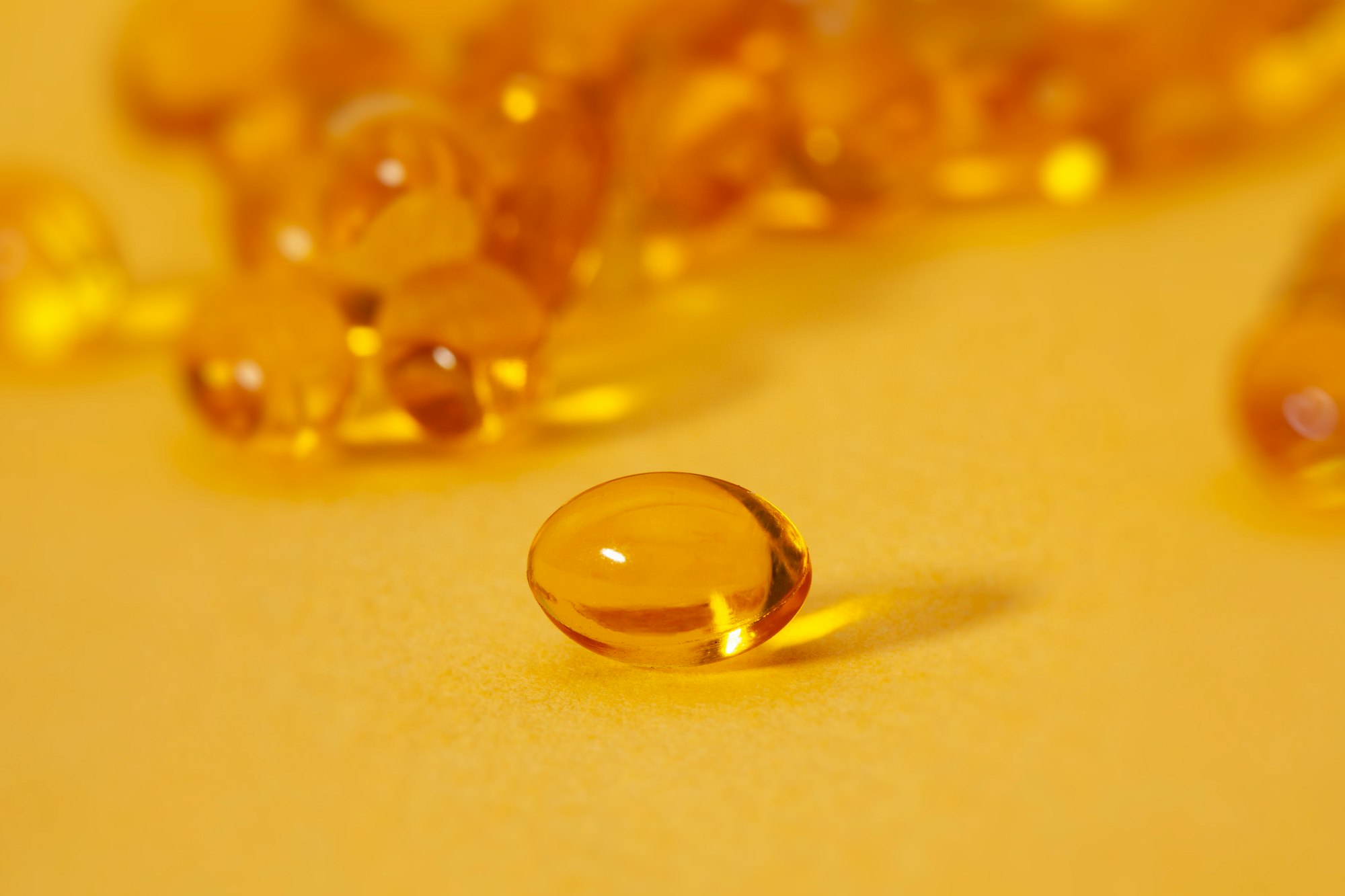Vitamin K is actually a group of fat-soluble vitamins, but it is clear that we know more about vitamin K1 and vitamin K2.
Vitamin K1 is found in green vegetables, it is easily found in food and is involved in platelet aggregation.
Vitamin K2 is very different, its role is to move calcium in the body according to its needs and also to remove calcium from unwanted places in the body such as in the arteries. It promotes healthy development of bones and blood vessels.
Let's talk about the underrated connection of vitamin D and vitamin K2.
If you want the positive effects of vitamin D, vitamin K2 must be in the portrait. When you take vitamin D, the body creates proteins dependent on vitamin K2 to allow the calcium to move to the desired places. If vitamin K2 is not there, the benefits cannot be realized and we can witness symptoms such as excessive calcification contributing to hardening of the arteries. By taking vitamin D alone, you create a demand in the body for vitamin K2 and risk missing out on the benefits of their collaborations.
Seems that vitamin K2 needs would be 100 mcg to 200 mcg considering above all, the consumption of vitamin K in the diet to promote at the same time, the absorption of other nutrients.
When we talk about nutrients, ratios, quantities are often mentioned, but we must not forget that each person is different, that we must consider the biochemical individuality of each.
To find out if you are deficient in vitamin K2, know that osteoporosis, diabetes and cardiovascular disorders are signs of deficiencies, but a deficiency can exist without diagnosed pathology.
Do you eat grass-fed animal food? Do your eggs come from free range hens? If not, you may be deficient. Do you eat fermented foods? If not, you may be deficient.
Women who are trying to conceive, think about vitamin K2. It is very important for the development of bones, teeth or even the development of the child's face.












